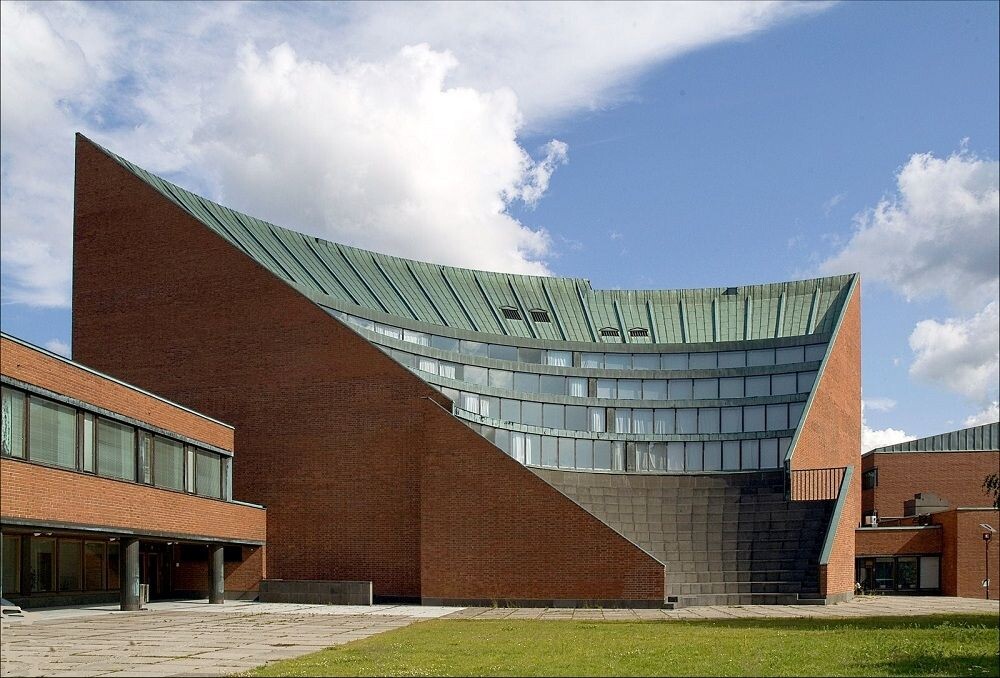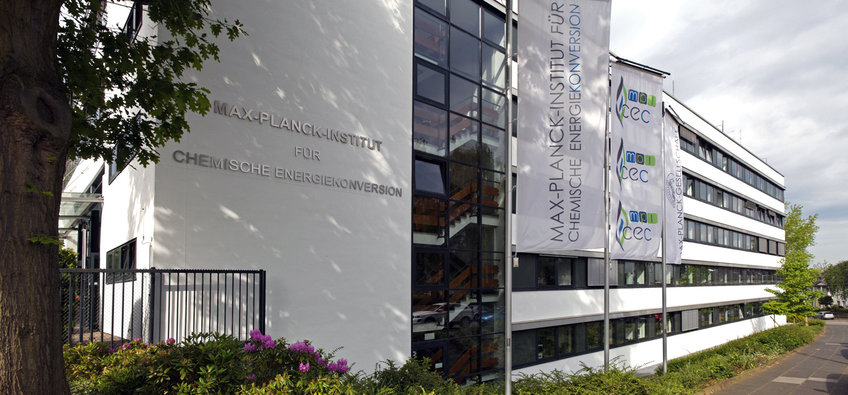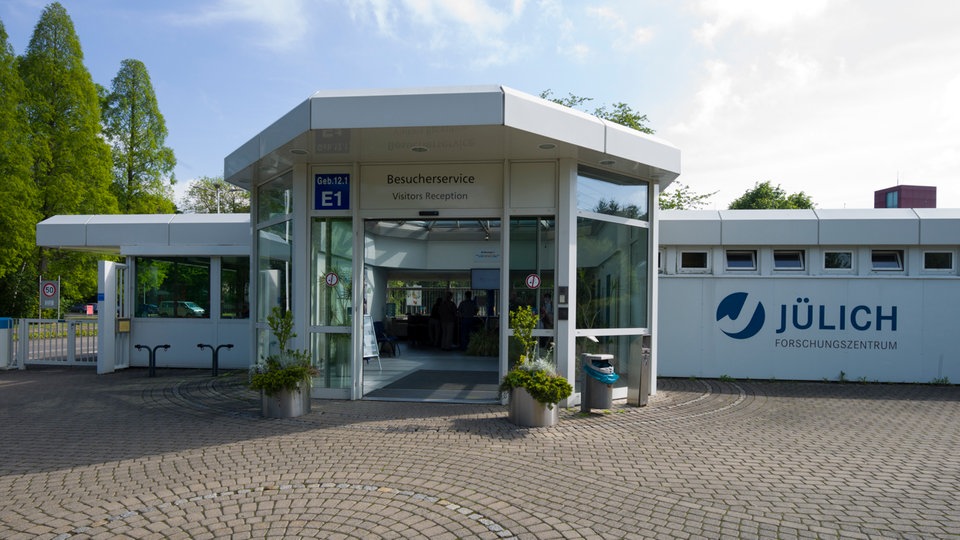IEK-10 focuses on the optimal design and operation of integrated, decentralized energy systems with a high share of renewable energy. Computer simulation and numerical optimization are our essential tools to arrive at efficient, reliable and cost-effective solutions. We contribute both to the development of mathematical models and to the development of improved simulation methods and optimization algorithms. Our methods and software-tools are validated against operating data of real systems. Furthermore, we conduct comprehensive case studies in order to test and further improve the scalability and the performance of our models and algorithms. Specially adapted methods and codes enable us to exploit the potential of high performance computing with the aim of solving particularly large and complex problems.
Scope of the Master Thesis: A successful energy transition requires new and efficient simulation methods for large scale power systems, also illustrating interactions between different parts of multi-modal grids. Your goal will be the development and combination of such methods with parallel computing and their application to real-world grids.
Your Profile:
- Very good Bachelor degree in Mathematics, Physics, Computer Science, Electrical Engineering or a comparable subject
- Good knowledge of and some experience in a programming language, preferably C++ or Python
- Fluent in English (spoken and written)
- Interest in developing new and exciting methods
Our Profile:
- Highly motivated scientists of different subject areas working together
- Interdisciplinary work combining physics, computer science, and engineering
- Intensive supervision by one or more experienced and helpful colleague(s)
- Friendly and welcoming work environment
We are committed to equality and diversity and welcome applications from everyone! If you are interested, please send us your complete application.
Contact:
Julius Strake
Forschungszentrum Jülich GmbH
Institut für Energie- und Klimaforschung – Modellierung von Energiesystemen (IEK-10)
52425 Jülich
E-Mail: j.strake@fz-juelich.de
More Information about our institute: https://www.fz-juelich.de/iek/iek-10/


